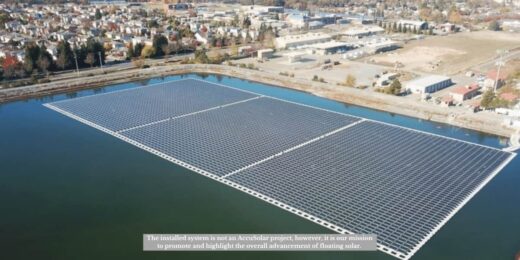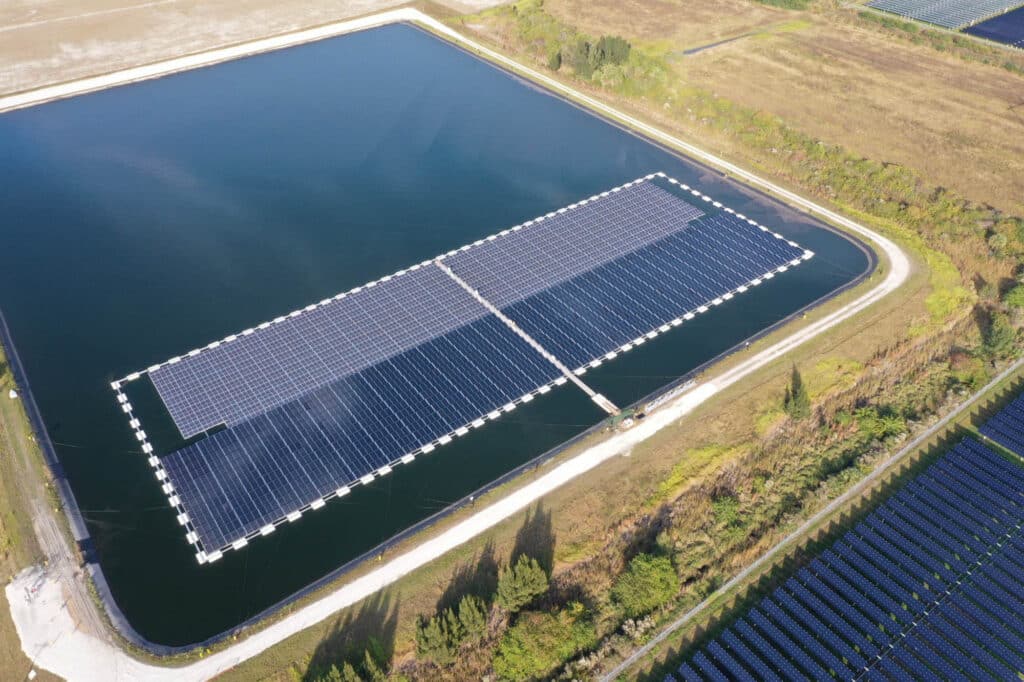Massachusetts has long been at the forefront of renewable energy initiatives. As the demand for clean energy solutions grows, the state continues to explore new technologies. Floating solar panels on a large water body near an urban area, representing innovative renewable energy solutions supported by Massachusetts solar incentives.. In Massachusetts, the increasing popularity of this method is matched by supportive incentive programs. These programs are designed to fund and promote floating solar installations. They unlock substantial energy savings and environmental improvements for businesses and communities.
Understanding the SMART Program and MA Solar Incentives
The Massachusetts Department of Energy Resources (DOER) created the Solar Massachusetts Renewable Target (SMART) Program. This program establishes a long-term, sustainable solar incentive framework. It promotes cost-effective solar development throughout the Commonwealth. While the SMART program primarily focuses on traditional rooftop solar systems, it also supports innovative solar technologies. This includes floating solar installations. By offering financial incentives for clean energy projects, the SMART program encourages private sector investment. It accelerates the adoption of renewable energy solutions across the state.
Compensation Rate Adders in Massachusetts Solar Incentives
To incentivize specific solar installations, Massachusetts offers Compensation Rate Adders in four categories:
- Location-Based
- Off-taker Based
- Energy Storage
- Solar Tracking
Larger systems, exceeding 25 kW AC, can potentially increase their compensation. They can claim one adder from each category. Smaller systems, 25 kW AC or less, are eligible only for the Energy Storage Adder. These adders provide additional financial value based on the project type. Examples include a $0.03/kWh adder for floating solar and a $0.05/kWh adder for Community Shared Solar (CSS). Detailed eligibility criteria for each adder are outlined in the DOER Guidelines.
MassCEC Support for Floating Solar Projects
To help developers navigate floating solar projects, MassCEC offers a range of funding options. These work alongside the SMART program. Their Renewable Energy Generation division provides grants and incentives for diverse renewable energy initiatives. This includes crucial support for floating solar pilot projects and feasibility studies. This assistance translates to reduced costs. It provides valuable research. It creates a smoother pathway for implementing floating solar systems in Massachusetts’ aquatic environments.
Net Metering Benefits with MA Solar Incentives
Businesses and municipalities deploying solar can significantly reduce energy costs. This includes floating solar arrays. The state’s net metering program makes this possible. This policy credits owners for surplus energy generated. It directly offsets utility bills. For large-scale floating solar projects, which produce substantial energy, this translates to considerable financial savings. Leveraging these MA solar incentives strengthens the financial case for solar adoption. It supports a cleaner energy future.
The Future of Floating Solar in Massachusetts
Massachusetts is paving the way for a cleaner energy future. Floating solar is a key part of that vision. Businesses can capitalize on significant funding opportunities through the state’s progressive policies. They can leverage robust support for renewable projects. This allows them to contribute to a sustainable energy landscape. By embracing floating solar, you can reduce your carbon footprint. You can achieve substantial savings. You can position your company as a leader in Massachusetts’ green energy revolution.
Discover how AccuSolar’s floating solar systems, combined with state incentives, can transform your energy strategy. MA solar incentives make these innovative systems more accessible and affordable than ever before.
Ready to take advantage of Massachusetts solar incentives for your floating solar project? Contact us today to learn how our NSF-61 certified floating solar systems can help you maximize available incentives while creating a sustainable energy solution for your business or community.





